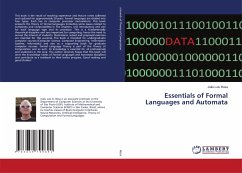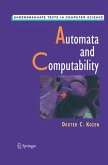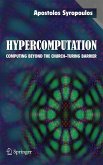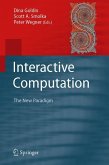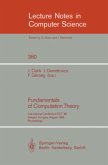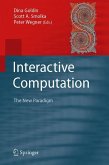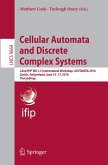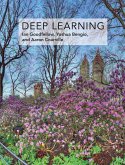This book is the result of teaching experience and lecture notes collected and updated for approximately 20 years. Formal languages are divided into four types. Each has its computer processor (automaton). This book presents the theory of formal languages (including some issues related to complexity and computability) in five chapters, one introductory and one for each language type and its processor. This is a fundamentally theoretical discipline and very important for computing, hence the need to arouse the interest of students. Illustrations, solved and proposed exercises are essential for this purpose. This book is intended for undergraduate computer courses (Computer Science, Computer Engineering, Information Systems, Informatics) and also as a supporting book for graduate computer courses. Formal Language Theory is part of the Theory of Computation and as such, its knowledge is essential for all professionals and academics in the area. The author sincerely hopes that this book will serve the knowledge needs of Formal Languages and Automata disciplines and contribute as a textbook to their better progress. Good reading and good studies!
Bitte wählen Sie Ihr Anliegen aus.
Rechnungen
Retourenschein anfordern
Bestellstatus
Storno

